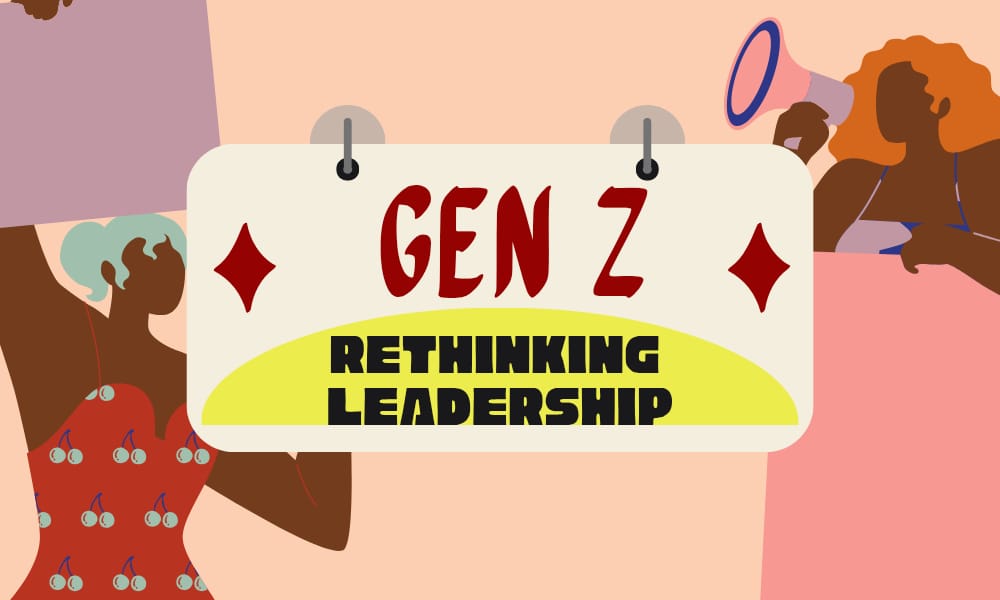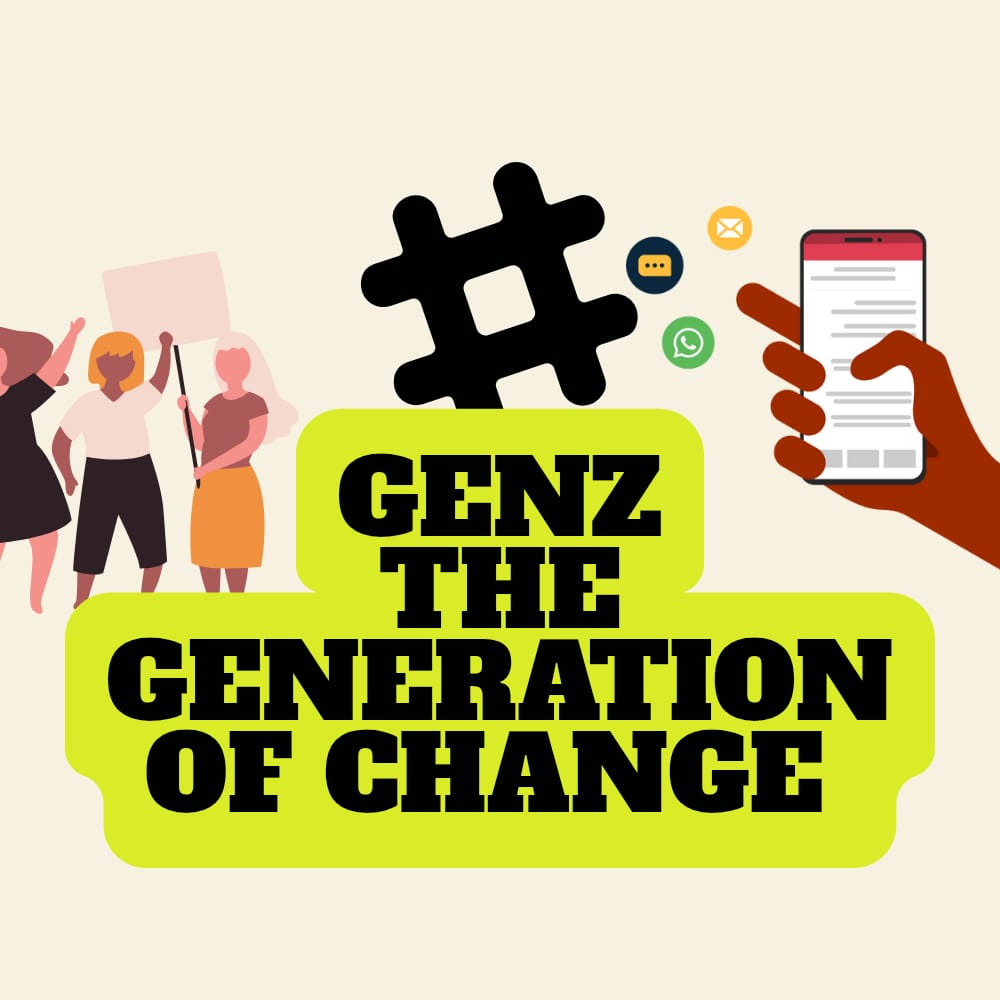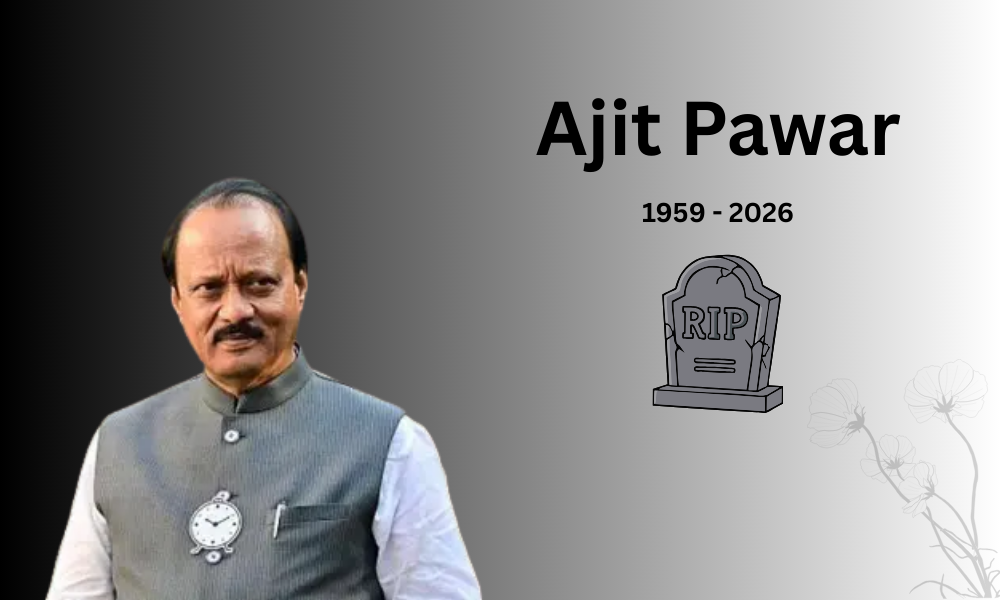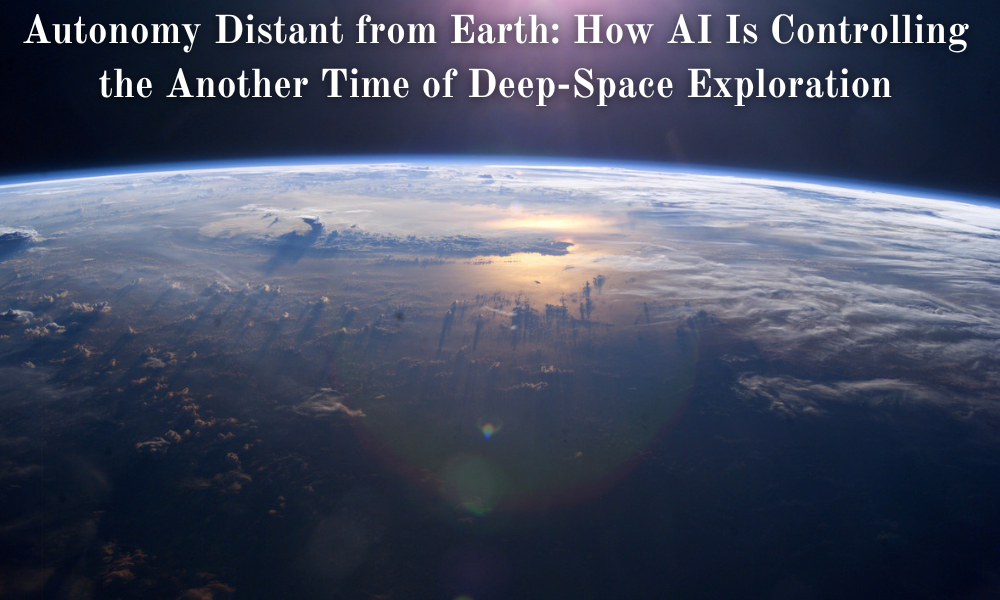The Rise of Gen Z Activism: How a Computerized Era Is Rethinking Protest
If you open Instagram, X (Twitter), or TikTok nowadays, you’ll discover activism isn’t happening on the boulevards any longer, it’s happening on screens. From climate alter strikes to social equity campaigns, Gen Z is driving a modern wave of worldwide activism that looks nothing like the dissents of the past. It’s enthusiastic, fast-moving, profoundly advanced, and shockingly effective.
This era, born generally between 1997 and 2012, developed in a world of data over-burden, social media, and steady alter. They’ve seen imbalance, natural pulverization, and political insecurity up near. Instead of holding up for the administration to settle things, they’ve chosen to become the leaders.

Activism in the Age of the Internet
Earlier eras had to organize walks through daily papers, phone calls, and blurbs. But Gen Z can start a worldwide development with a single post.
A single tweet can reach many, a viral reel can stop crowds, and an advanced request can make governments react in days. The online space has ended up the unused challenge ground, one that crosses borders and dialects effortlessly.
Yet, behind each trending hashtag are genuine youthful individuals gambling backfire, badgering, or indeed detainment for talking out. For Gen Z, activism isn’t fair a slant, it’s survival.
What Drives Gen Z to Protest
There’s something crude and passionate about this generation’s activism. Their energy isn’t fueled by legislative issues alone, it’s fueled by fear, dissatisfaction, and hope.
- Climate Anxiety
They are acquiring a planet in an emergency. Surges, fires, softening icy masses, climate calamities are not removed dangers any longer. Gen Z activists like Greta Thunberg or India’s Licypriya Kangujam began their campaigns some time recently, indeed wrapping up school. They tell the truth grown-ups frequently dodge, that the future is at chance, and hush is complicity.
- Social Inequality
Gen Z has developed up more mindful of sex, race, caste, and personality issues than any era some time recently. Their web involvement is worldwide, they’ve seen challenges from Minneapolis to Mumbai. This mindfulness makes them vocal against separation wherever they see it, whether it’s around LGBTQ+ rights, women’s security, or instruction access.
- Doubt in Institutions
Many youthful individuals feel conventional frameworks, governments, enterprises, indeed schools, no longer speak to them. They’re making unused stages, communities, and collectives to be almost altered specifically instead of depending on obsolete hierarchies.
- The Control of Connectivity
Unlike more seasoned eras who had to physically assemble to be listened to, Gen Z has a worldwide bull horn. This network makes solidarity, a sense that “I’m not alone.” A dissent in one nation rouses others over the globe, making a chain response of solidarity.
From Roads to Screens: The Unused Shape of Protests
Gen Z dissents don’t continuously seem like the ones in history books. They are inventive, visual, and frequently established in storytelling.
Digital Walks: Amid the widespread, physical social occasions were prohibited, so youthful activists organized virtual energizes and livestream protests.
Memes as Resistance: Memes, recordings, and craftsmanship got to be apparatuses of expression, funny however effective ways to criticize control and spread awareness.
Petitions and Crowdfunding: Instead of depending on NGOs or political parties, Gen Z employs computerized stages to finance causes and spread petitions globally.
Flash Activism: Developments rise quick and blur quick, but their effect remains. Indeed a 24-hour campaign can thrust a discussion into the mainstream.
This liquid frame of activism reflects Gen Z’s way of life: online, versatile, and continually evolving.
Global Cases of Gen Z Activism
- Climate Strikes (Global)
Started by Greta Thunberg’s solo challenge in 2018, “Fridays for Future” turned into an around the world youth development. Many students bunked school to request for action on climate change, which made governments to take responsibility.
- #EndSARS (Nigeria)
In 2020, youth from Nigeria used the internet to organize protests against brutality of police. Recordings shared on Twitter and Instagram brought universal consideration, driving to government reactions and change promises.
- Farmers’ Challenge (India)
Many youthful Indians bolstered the development through online campaigns, reels, and instructive strings, making a difference nearby dissents pick up worldwide awareness.
- Weapon Control Development (USA)
After the Parkland school shooting, young people established “March for Our Lives,” one of the biggest youth-led dissents in the U.S., supporting gun law reforms.
- Women’s Rights in Iran and Afghanistan
Young ladies and understudies have bravely driven dissent against persecution, regularly utilizing mystery online systems to share recordings and organize bolster internationally.
These developments highlight one thing clearly, Gen Z doesn’t require consent to begin a revolution.
Criticism and Challenges
Of course, Gen Z activism isn’t without its critics.
Some more seasoned eras reject it as “slacktivism”, social media activism without real-world knowledge. Others contend that computerized shock burns out as well rapidly or gets to be performative.
There’s moreover the chance figure, online perceivability makes activists defenseless to cyber badgering, doxxing, or government reconnaissance. In nations with confined opportunities of discourse, youthful activists confront genuine peril for indeed little acts of dissent.
Yet, indeed with these challenges, Gen Z proceeds to talk up. Their quality lies in versatility, when one stage censors them, they relocate to another. When one development blurs, they construct an unused one.
How Gen Z Is Rethinking Leadership
Perhaps the most motivating portion of Gen Z activism is how they rethink what authority looks like.
Gone are the days of one notorious figure driving the masses. Today’s developments are decentralized, run by communities, collectives, and shared values. Administration is liquid; anybody with a phone and enthusiasm can be a voice of change.
This inclusivity has made activism more law based than ever some time recently. A youngster from a little town can go viral for protecting the environment. A college understudy can begin a campaign that comes to the UN. The progression is gone, supplanted by sympathy, collaboration, and creativity.

The Passionate Center of Gen Z Activism
At its heart, Gen Z activism is almost care.
They’re tired of unresponsiveness, of imagining that legislative issues or climate don’t influence them. Their challenges are not fair against frameworks, but for something greater: humankind, compassion, and the right to a bearable future.
They utilize humor, craftsmanship, and helplessness as devices, since they get it that alter doesn’t continuously start with outrage; some of the time it starts with connection.
When a youthful individual offers an individual story of almost climate uneasiness, or posts an ardent supplication for correspondence, they’re not fair dissenting, they’re building passionate bridges over the world.
The Future: From Mindfulness to Action
As Gen Z steps into adulthood, the address is, can mindfulness turn into supported change?
The signs are promising. Numerous youth activists are running for office, joining news coverage, working in NGOs, or beginning social undertakings. They’re no longer fair raising issues, they’re forming solutions.
Their activism may be advanced, but their effect is genuine: arrangements are being examined, companies are being held responsible, and whole eras are being taught through social media strings and viral videos.
Conclusion
Conclusion
Gen Z activism doesn’t culminate, but it’s capable. It’s untidy, passionate, fast-paced, but it’s moreover authentic.
These youthful individuals have taken the devices of their time, phones, memes, and hashtags, and turned them into disobedient social alter. They remind the world that activism doesn’t continuously require a bull horn; now and then it just needs strength, imagination, and WiFi.
In the conclusion, Gen Z’s message is basic however revolutionary:
If we need a superior world, we can’t hold up for somebody else to construct it, we have to begin presently.








